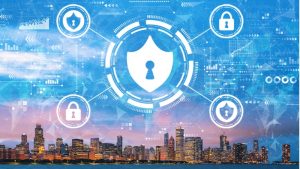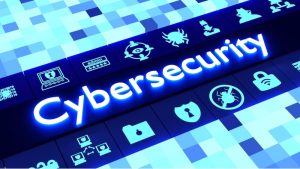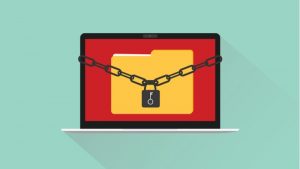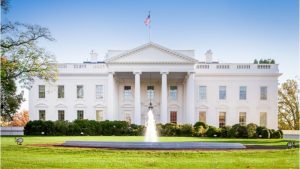The Senate Committee on Commerce, Science, and Transportation approved two bills during an Aug. 4 business meeting, one to ensure that the Federal Communications Commission does not approve radio frequency devices that pose a national security risk, and another to advance the adoption of composite technology.
The Senate Committee on Homeland Security and Governmental Affairs advanced the State and Local Government Cybersecurity Act during an August 4 business meeting, sending the bill to the Senate floor for a vote.
The much-anticipated $1 trillion Senate bipartisan infrastructure bill unveiled on August 1 shows big cybersecurity funding wins for state and local governments with a $1 billion for a cybersecurity grant program, and electric utilities that will be receiving $1.25 billion through a cybersecurity grant program to protect the electric grid.
There may be light at the end of the cyber-risk tunnel for state governments, but don’t look for it to appear soon. That was the sobering message from Commonwealth of Virginia CISO Mike Watson delivered on July 21 at FedInsider’s CyberThreats 2021 event.
As part of California’s FY 2021-2022 budget, the California Department of Technology (CDT) will no longer charge state agencies to provide IT security services.
The House of Representatives on July 20 voted to approve the State and Local Cybersecurity Improvement Act as part of a slate of cyber bills that passed under suspension of normal rules. The bill would create a $500 million-per-year grant program run by the Department of Homeland Security to help state and local governments improve their cybersecurity.
Recent hacks on localities’ water supply have shown the importance of cybersecurity in the water infrastructure. Witnesses sounded the alarm about water infrastructure cybersecurity and called for training and funding investments at a July 21 Senate Environment and Public Works Committee hearing.
In the face of increasing ransomware attacks, Kansas Governor Laura Kelly announced the creation of a bipartisan cybersecurity task force to protect the state’s digital infrastructure.
The Department of Justice (DoJ) and Department of Homeland Security (DHS) have launched a one-stop shop at StopRansomware.gov for individuals, businesses, and organizations to help combat the increasing trend of ransomware attacks, the DoJ announced today.
White House national security staff took the Biden administration’s strategic thinking on ransomware prevention to the local government mayors this week, as administration advisors continued to work through a long list of policy items aimed at curbing the attacks and making them less profitable.










